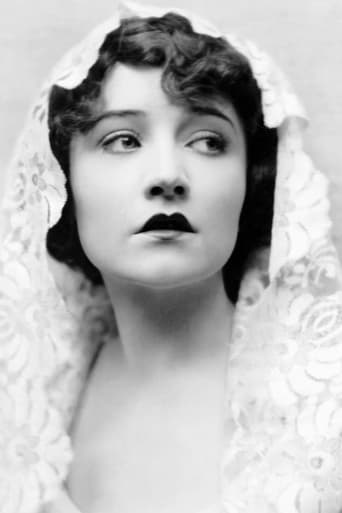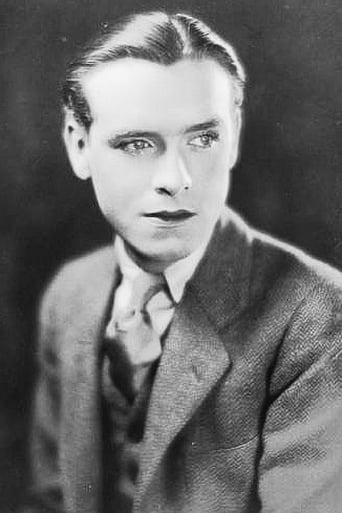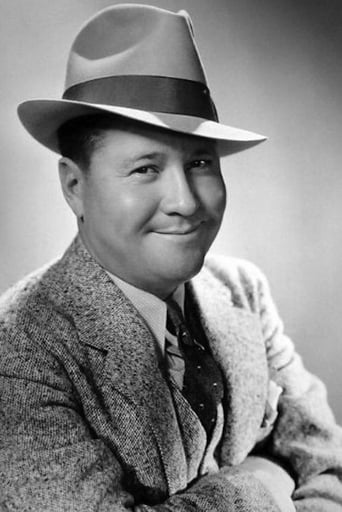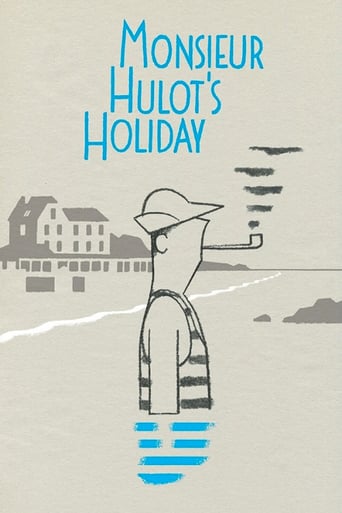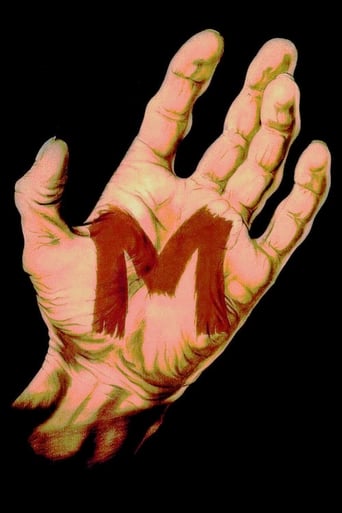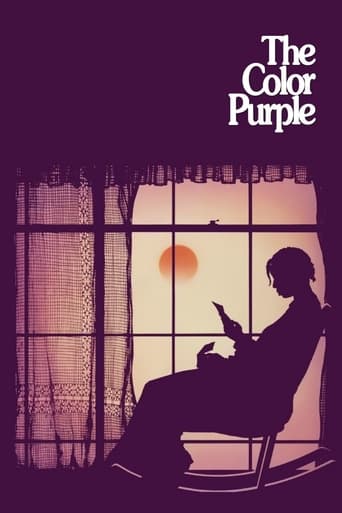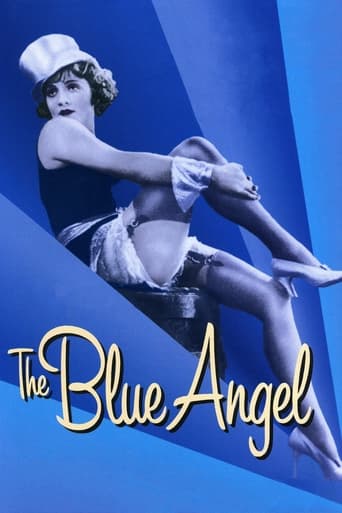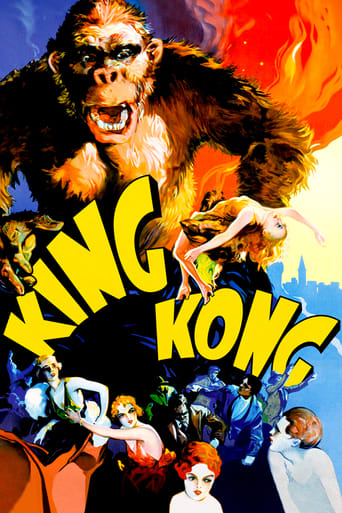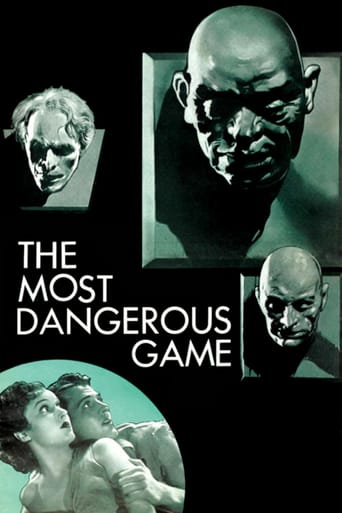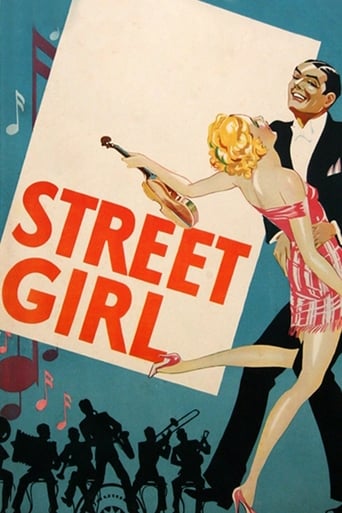
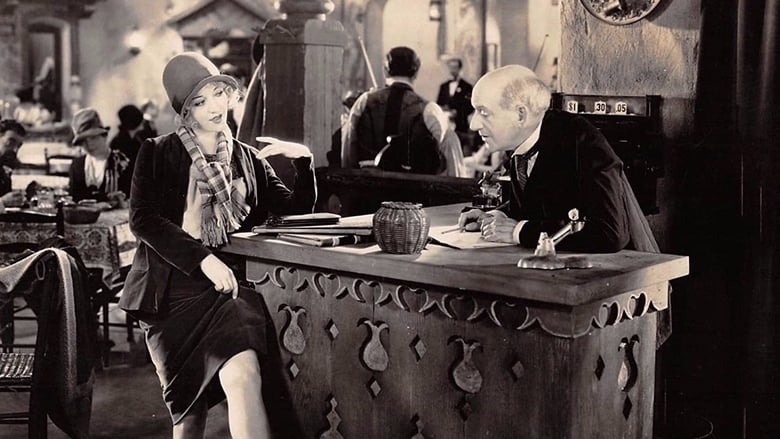
Street Girl (1929)
A homeless and destitute violinist joins a combo to bring it success, but has problems with her love life.
Watch Trailer
Cast


Similar titles
Reviews
One of my all time favorites.
A Disappointing Continuation
In truth, there is barely enough story here to make a film.
if their story seems completely bonkers, almost like a feverish work of fiction, you ain't heard nothing yet.
Street Girl (1929) ** 1/2 (out of 4)After finding herself homeless and hungry, Frederika (Betty Compson) is giving a place to stay by Mike Fall (John Harron), a band member who lives with his three other players. Frederika believes that the group could demand much more money because of their playing skills and soon she's working as their manager and the five start to rise in popularity but when a Prince starts to woo Frederika, this doesn't sit well with Mike.STREET GIRL was the first film ever produced by RKO, although it turned out to be the second that they'd actually release. For the most part this is a pretty good early talkie that manages to follow a pretty basic formula but thankfully the cast is so good that it makes up for the family story, which even by 1929 standards was pretty predictable. Of course, the majority of the credit has to go to Compson who easily steals the picture of the lovable blonde.Compson has the misfortune of having to speak with a silly accent that goes in and out throughout the picture but outside of this she's certainly a delight to watch. She manages to be incredibly lovable from the first moment we meet her and you just can't help but fall in love with her just like the four roommates do. Another good performance comes from Harron who manages to pull off that jealousy role quite well and we also get Jack Oakie in a supporting part. Ned Sparks is quite funny as "Happy," the person constantly thinking someone is cheating him.The story itself is quite predictable but the technical side of things are actually quite good for 1929. A lot of times these early talkies pretty much have the camera sitting still but that's not the case here as there's a little style on display here. There are some musical numbers throughout and all of them are quite good and it's worth noting that the violin playing is done by Compson herself. STREET GIRL certainly has its flaws but fans of the actress will certainly enjoy her work here and fans of early talkies should be impressed on a technical level.
Okay, it was 1929 and movies had just started talking. But this tale of a jazz combo who take in a violin-playing waif moves lethargically through a few settings. There's the night spot where the band performs and the apartment where they live --and where the dialogue drones on and on. As the street girl, Betty Compson desperately tries to fake a Ruritanian accent while a young, thin Jack Oakie gets off a a few snappy one-liners. When the cast stops jabbering and the music takes over, it's entertaining -- particularly an up-tempo number, "Lovable and Sweet," co-written by Oscar Levant. But when they talk, you can't stop yawning.
Hungarian blonde Betty Compson (as Frederika "Freddie" Joyzelle) gets fired from her job as a New York waitress, for breaking a dish over her boss' head. Although the film is suggestively titled "Street Girl", Ms. Compson avoids dabbling in the world's oldest profession. Instead, Compson hooks up with attractive John Harron (as Mike Fall), who is so taken with briefly homeless Compson, he asks her to move in with his jazzy musical group.As "The Four Seasons", Mr. Harron's "Mike Fall" is teamed with Jack Oakie (as Joe Spring), Ned Sparks (as Happy Winter), and Guy Buccola (as Pete Summer). Compson, conveniently a violinist, joins "The Four Seasons" both at home and on stage. The group is lively and likable; especially, the smiling Mr. Oakie, in his spring. The "Seasons" become successful, and romance blooms for Compson and Harron; but, a visiting Prince threatens the duo's happiness...Compson, who was at an artistic peak around the time silent films found their voice, tends to be a little too theatrical in "Street Girl", her starring vehicle; she certainly proves her versatility on the screen, however. Leading man Harron gives director/co-producer Wesley Ruggles the film's best acting performance; he (perhaps unfairly) certainly makes you wonder what heights deceased brother Bobby Harron might have reached in the "talkies".The early Oscar Levant music (with lyrics by Sidney Clare) is very good. Gus Arnheim "and His Coconut Grove Ambassadors" skillfully dubbed their instrumentals; apparently, this is before future star Fred MacMurray joined the group. The frequently heard "Loveable and Sweet" is considered a jazz classic, in the cover version expertly recorded by Annette Hanshaw with the Dorsey Brothers. Although the early "RKO Radio Picture" production is more than a little rough around the edges, the musical/comedy genre storyline is solid.******* Street Girl (1929) Wesley Ruggles ~ Betty Compson, John Harron, Jack Oakie
I'll say quite a few good things about "Street Girl." The overall plot is serviceable, the songs by Oscar Levant and Sidney Clare are nice period pieces (Levant spent much of his life trying to play on the pop-songwriting turf of his good friend George Gershwin, and he wrote one truly great song — "Blame It on My Youth" — but Gershwin he wasn't), the big musical finale "Broken-Up Tune" is suitably spectacular (I suspect this number was originally in two-strip Technicolor even though it only survives in black-and-white, and in the print just shown on TCM there's one shot in the final sequence that is photographically quite inferior to the rest, suggesting that the film as it stands was pieced back together from partial prints), and above all Wesley Ruggles' direction, though hardly at the imaginative level of Mamoulian's, Capra's, Wyler's, Milestone's or Vidor's in their first talkies, is quite fluid. The camera moves around quite a lot, the editing is fast-paced and the actors speak relatively naturally without the seemingly endless pauses between lines (sometimes between words!) that make a lot of early talkies virtually unwatchable today.That's the good news. The bad news is the writer's dorky decision to change the origin of Betty Compson's character from a real country, Austria, to a fictitious one, "Aregon" (presumably not to be confused with the real Spanish province of Aragon); the awful accent Compson affects to sound suitably "Aregonese"; the casting of Jack Oakie without giving him any laughs (and he's utterly unable at any point to convince us he can actually play the clarinet); and a pretty sluggish pace despite all the camera movement and quick cutting. Also there's the obvious cheapness of using the same pre-recording of the song "Lovable and Sweet" all three times it's performed (you can tell because of the Beiderbecke-esquire "smear" John Harron's trumpet double performs in his solo each time). It ends up an O.K. movie but you get the impression it could have been better made a few years later — indeed it WAS made better on two separate occasions; "The Girl from Paris" isn't that great a movie either (though at least Lily Pons' accent is her real one!) but it's a damned sight better than this.


